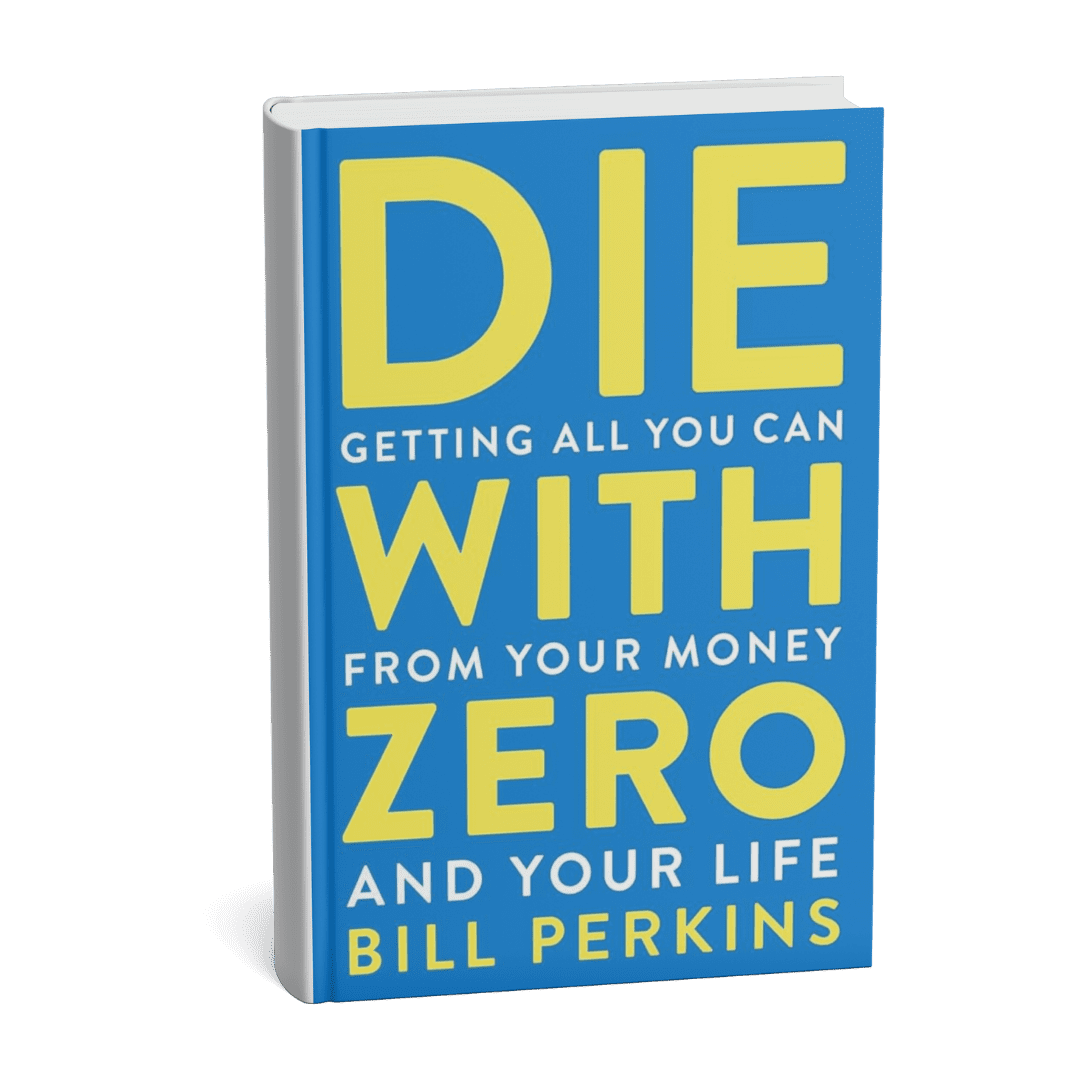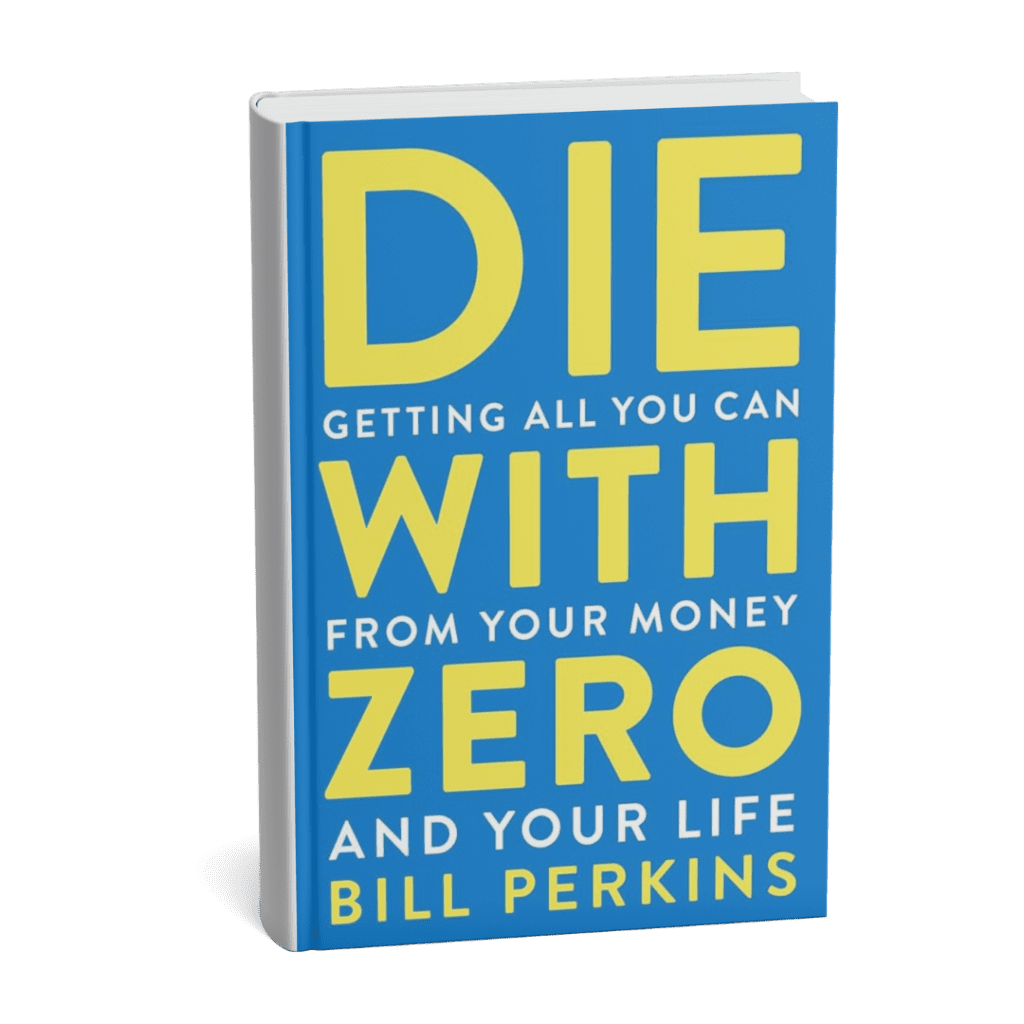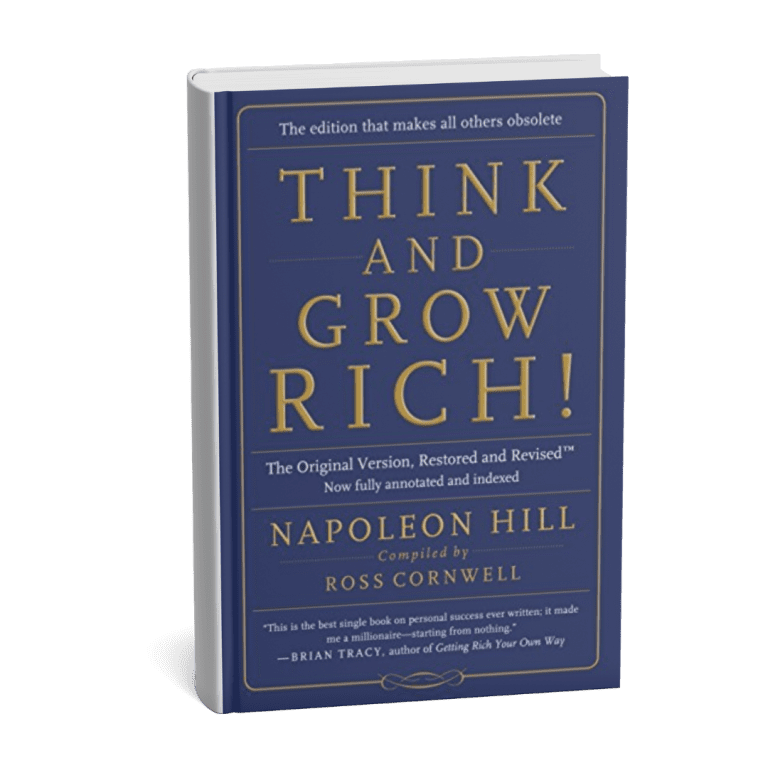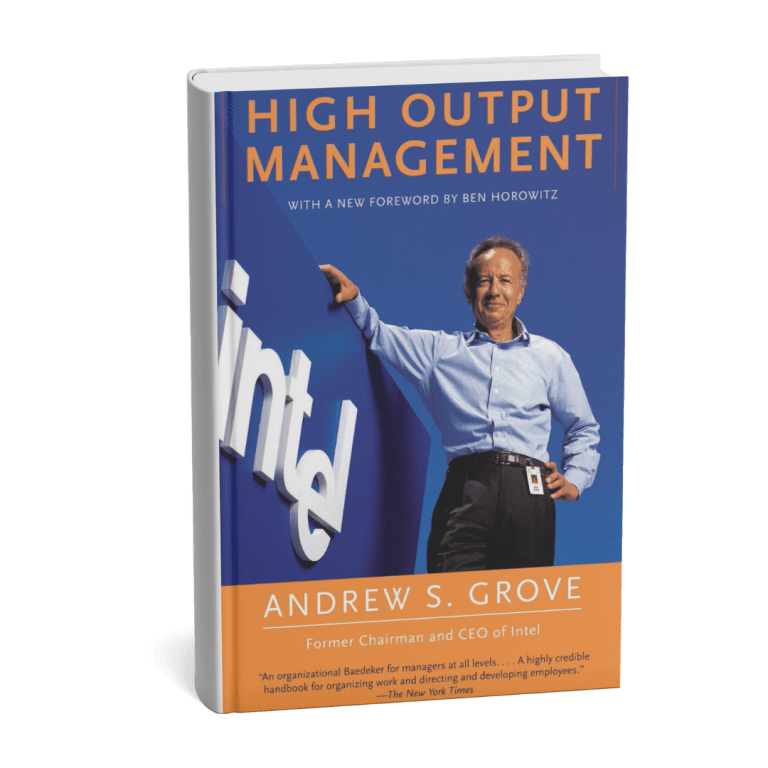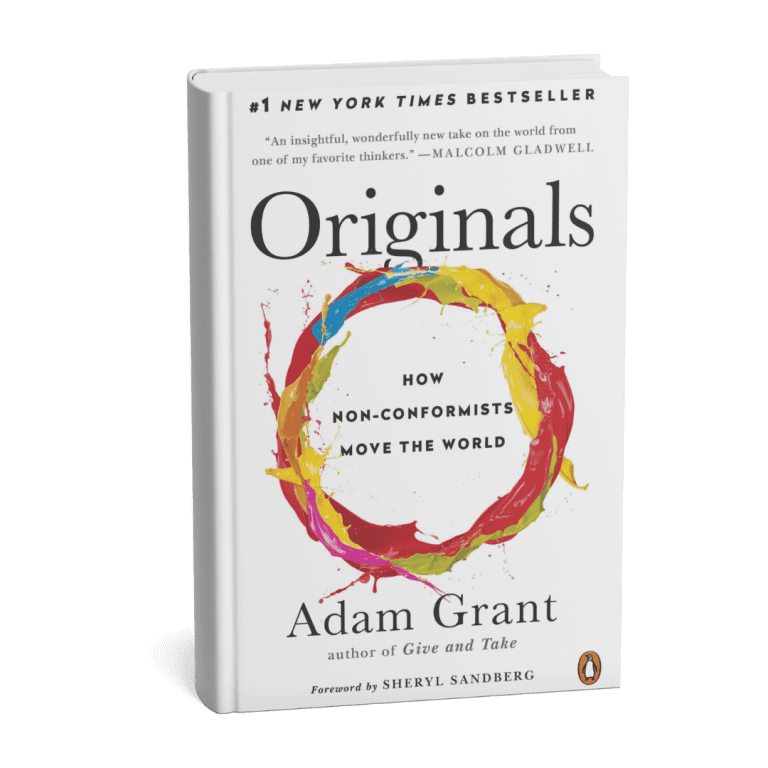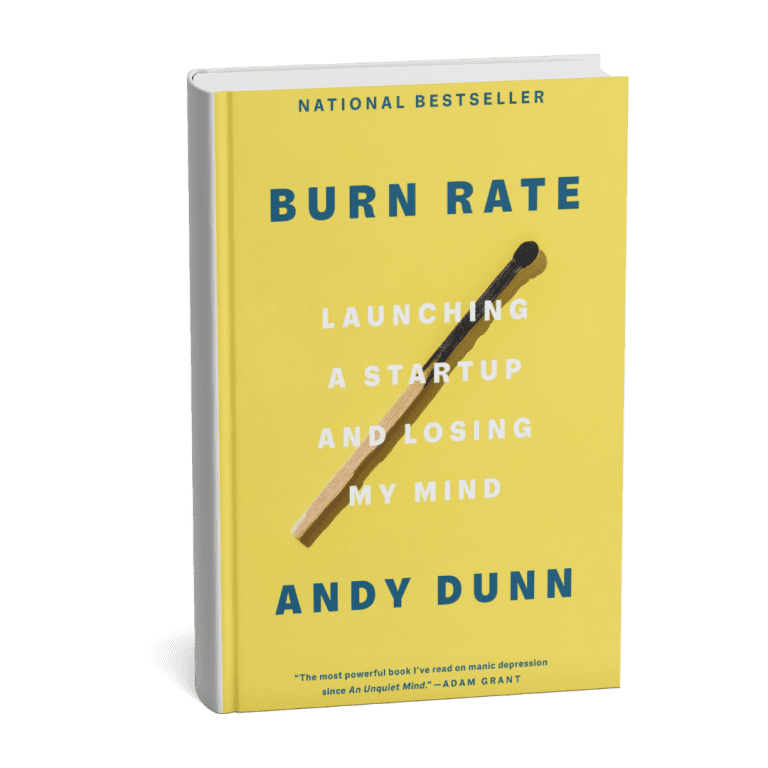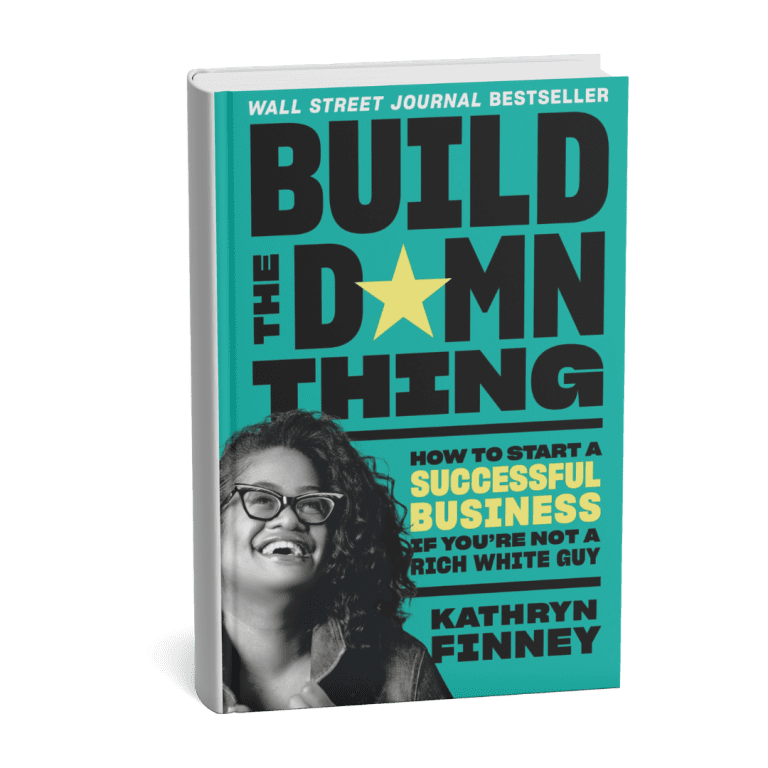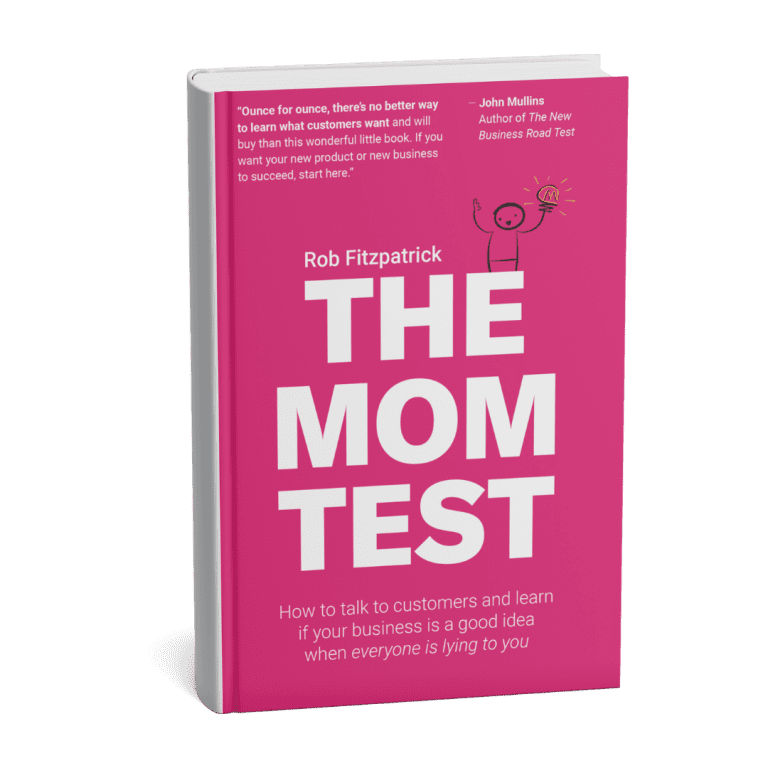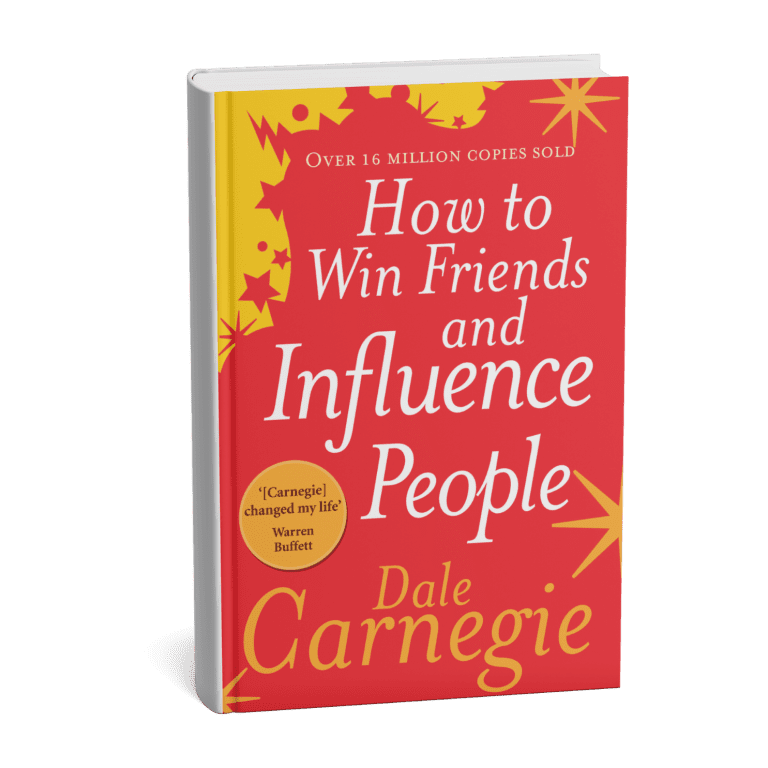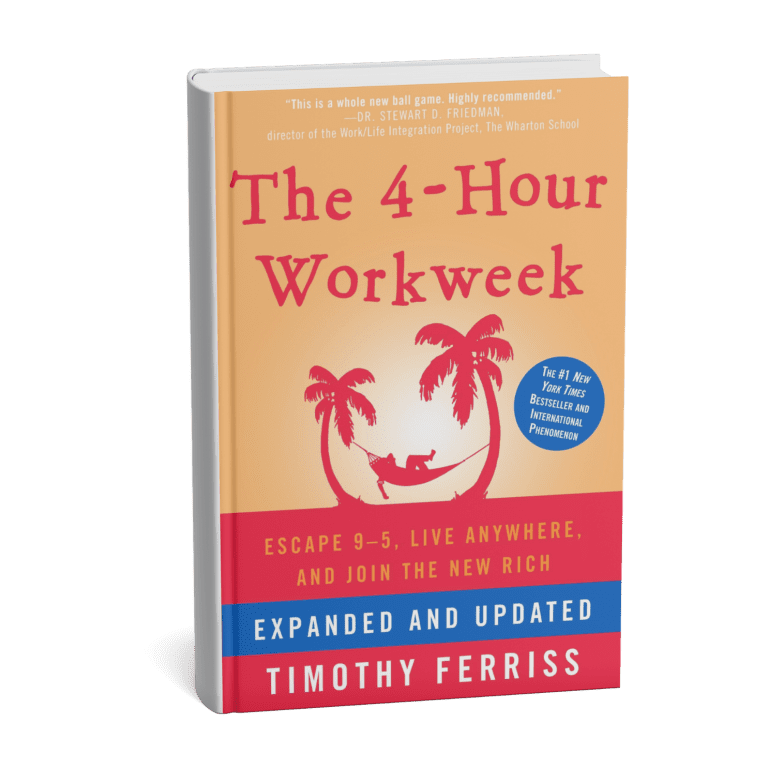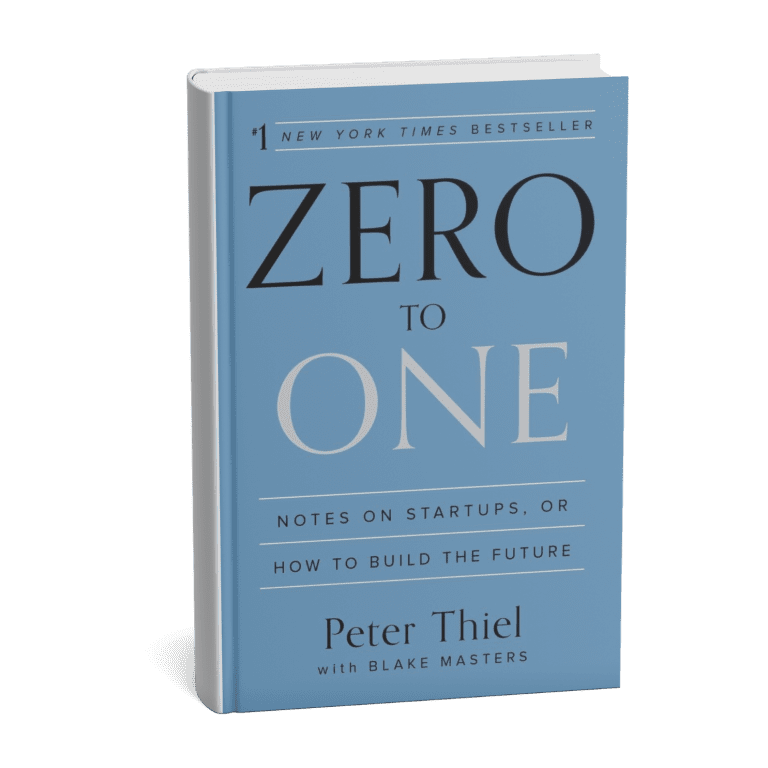Bill Perkins’ Die With Zero challenges the traditional notion of building wealth for retirement without truly enjoying it. The book reframes money as a tool for creating meaningful life experiences rather than a scorecard to be maximized. Perkins argues that life is finite, and so is the window for enjoying certain experiences. By combining financial planning with life planning, he offers a blueprint for living fully, avoiding regret, and ensuring that your wealth is spent in ways that bring maximum personal fulfillment.
Perkins identifies a common pattern: people over-save due to fear, habit, or societal norms, only to reach old age with more money than they can ever use, often at the expense of missed opportunities in their prime years. His philosophy is about balancing prudent financial security with intentional spending to create memories, deepen relationships, and truly live.
Core Concepts and Strategies:
-
Money Is a Tool, Not the Goal
Wealth’s highest purpose is to fund experiences that align with your values and desires. Treat money as a means to design the life you want, not just a safety net. -
The Timing of Experiences Matters
Some experiences-like traveling with young children, adventurous sports, or certain physical activities-have an expiration date based on health, energy, and age. The best use of money often happens before traditional retirement. -
Die With Zero Principle
Aim to use up your wealth by the end of your life, leaving neither unspent money nor unfulfilled dreams. This doesn’t mean recklessness-it means aligning spending with the arc of your life. -
The Memory Dividend
Experiences create a “dividend” that pays out repeatedly in the form of cherished memories, stories, and emotional value, enriching life long after the event itself. -
Know Your Personal Fulfillment Curve
More money doesn’t always mean more happiness. There’s a peak point in spending where each dollar adds less joy. Identify this point to avoid diminishing returns. -
Plan for Your Declining Abilities
Financial planning should account for the fact that your ability to enjoy certain things decreases over time. Front-load experiences that require health and mobility. -
Invest in People and Relationships
Spending money to strengthen relationships-family trips, shared adventures, celebrations-creates lasting bonds and emotional richness that far outweigh material goods. -
Calibrate Between Security and Living Now
Avoid both extremes: don’t under-save and risk hardship, but don’t over-save and miss the vibrant years of life. -
Give While You’re Alive
If you plan to leave an inheritance, consider giving while you can see its impact. Early giving can be more transformative than posthumous bequests. -
Use Time Buckets
Divide your life into time periods (for example, your 30s, 40s, 50s) and map out ideal experiences for each, then allocate money and time accordingly.

